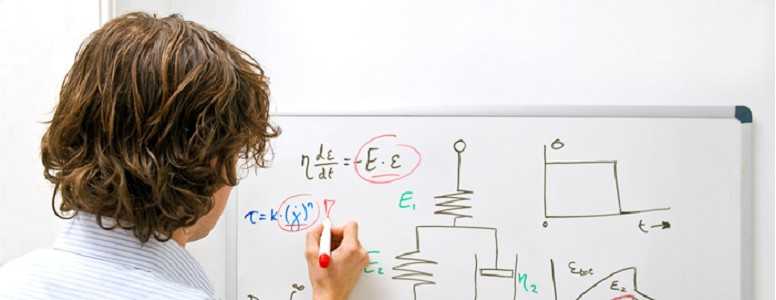Mathematics and technology have teamed up in a bid to find a cure for type 2 diabetes.
In a new study, US researchers have managed to reactivate pancreatic beta cell patterns needed to produce insulin. This breakthrough could lead to new type 2 diabetes treatments.
The findings are the first stage in kick-starting inactive beta cells and recreating insulin production in people withtype 2 diabetes
The research, conducted by Florida State University’s Professor Richard Bertram and fellow researcher Joseph McKen, has been published in the PLOS Computational Biology journal.
Bertram said: “There’s no one else using this combination of tools. It’s nice to be doing scientific work gaining insights that no one else is gaining because we have the right collaboration with the right tools.”
The approach includes bringing professor Bertram’s mathematical models to life using a glass microfluidic device developed by Michael Roper, an associate professor in the Department of Chemistry and Biochemistry.
The kit is made of tiny channels which accurately measures and delivers controlled amounts of a sugar-based liquid to inactive pancreatic beta cells. These then become clustered together, forming islets.
Small amounts of glucose – about 1/1000th of a raindrop – were delivered to inactive mice with inactive pancreatic beta cells.
Researchers then copied rhythmic pulses from a healthy body and this resulted in the dormant islet cells working again.
Bertram added: “Biological systems are super complicated. Mathematics provides a tool for really overcoming that complexity and being able to understand it in a way that you can’t understand just from intuition. You need a device more sophisticated than pictures and human intuitio, and mathematics is the perfect tool for that.”
“When the program was started, the idea was that we would be training the students who are going to become the researchers at the intersection of biology and mathematics for the next century.”
What's new on the forum? ⭐️
Get our free newsletters
Stay up to date with the latest news, research and breakthroughs.



